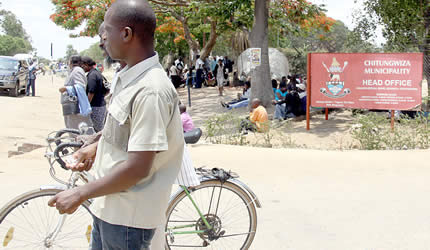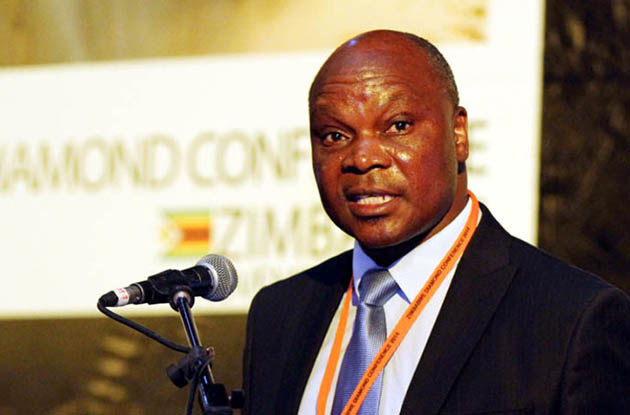‘Develop townships and create jobs’

 Vuyisa Qabaka —
Vuyisa Qabaka —
It may seem like history now, but the November 29 statement by the ANC national executive committee (NEC) was a watershed moment that seems to have gone over our heads.
In retrospect I am pleasantly surprised that this message did not resonate more widely: “On economic policy, the ANC adopted a framework on ‘turning South Africa into a construction site’,” with focus on township and rural communities.
The framework is intended to challenge the untenable and unsustainable situation of a “two-worlds country”, which continues to define the South African landscape.
It speaks to the design and implementation of a massive 10-year socio-economic infrastructure build programme, focusing on township and rural communities, with meeting basic human needs as the underlying perspective.
This policy framework would be further deliberated and consolidated in the January 2017 Lekgotla, ANC secretary-general Gwede Mantashe said.
Let’s reflect on this for a moment:
Turning South Africa into a construction site.
Focus on township and rural communities.
Implementation of a massive 10-year socio-economic infrastructure build.
Can you imagine the possibilities? They may not be endless, but they are possibilities nonetheless. Close your eyes and dream with me for a moment. Imagine the possibilities. Imagine the township and rural communities of the future.
Just the local economic possibilities, as I have never fully understood why call centres and innovation hubs have never been built in the townships in the past two decades, yet poverty and joblessness dwell in these communities.
Furthermore, I have never practically connected with the disparities in the fiscal allocation of resources, in a context where multi-billion rand highways and bullet trains are built, yet little or no budget allocation to build economic enabling infrastructure in our underdeveloped townships, where not even a measurable margin of public infrastructure investment is spent on supporting sustainable livelihoods.
Imagine the real estate boom that could be catalysed by intensified construction. According to Free Market Foundation executive director Leon Louw, black South Africans living in townships collectively have more than R1 trillion worth of real estate wealth, and the majority of these properties are unbonded.
Suddenly, there is a real possibility of hardware stores and home improvement services that will start mushrooming, while the real estate sector will stabilise, remembering that at some point, post-apartheid South Africa lost its way. Somehow as a result, our people lost their dignity and their ability to be self-subsistent.
The combination of South Africa’s unemployment rate, credit legislation and the cost of property have all conspired to make it even more difficult to afford housing. The combination of factors has resulted in a chaotic situation where overcrowding is no longer an option, people would rather build a shack, and rent out to backyard dwellers for extra cash, making homeowners mere “slumlords”, all in the hope for a better future.
The entrepreneur in me would support an argument for a holistic approach to unlocking the intrinsic value held within the unbonded property (remember the apartheid legacy I mentioned earlier).
By holistic I mean major banks should be encouraged to support entrepreneurs with affordable business loans that can be securitised through some of these unbonded houses, at the same rate of interest as bonded house (in banking practice, mortgage loans enjoy the lowest interest rates in South Africa).
It is good to remind ourselves that communities do matter, so there is no doubt in my mind that improved development of township and rural communities could also lead to additional job creation.
This is only the tip of the iceberg, so much more could change by simply changing how we are doing things and focusing on how we should do things, to restore hope and dignity. South Africa’s future is indeed alive with possibilities.
Vuyisa Qabaka is a tech and small-business adviser. He is a trained lean start-up trainer and design thinking practitioner, and regularly speaks on entrepreneurship and tech in Africa.








Comments